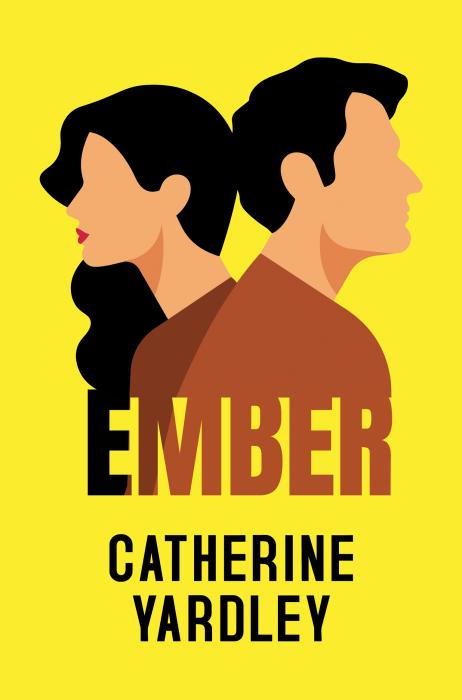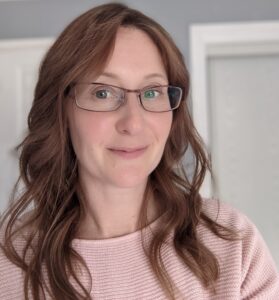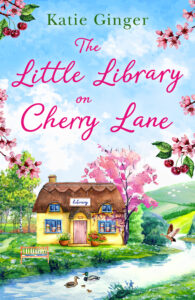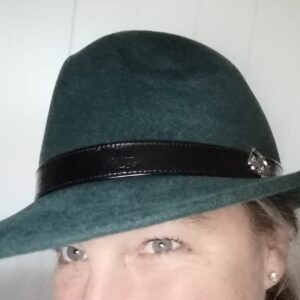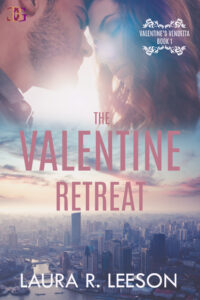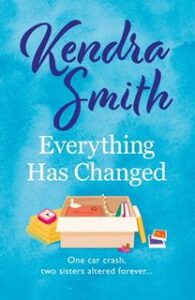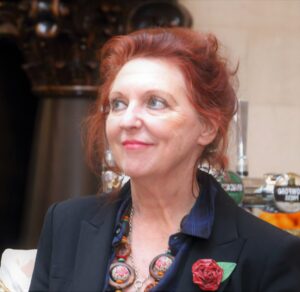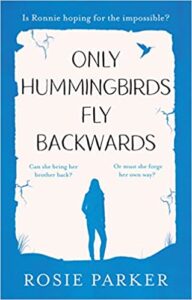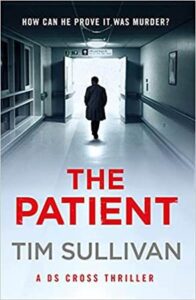As a little girl my nose was always in a book. I would even read a book a day when I was ill. I loved Enid Blyton and Judy Blume. I started writing song lyrics because I was in a band when I was younger and then I changed the song lyrics to poems. I sent them off and one of them ended up in an anthology when I was eleven. It was the start of something for me. I also had a very good English teacher who really encouraged me and told me I could be a writer. All a young person needs is for someone to believe in them.
I have been writing since I was in single figures but I let it slide for a few years to go off and work in the film industry. I started again when I had children and I am so glad I did. I got taken on by one of the first agents I contacted and then I got a traditional publishing deal too. All from the first batch of submissions I sent off. I got offered two different publishing contacts for Ember and I decided to go with Pegasus. They have been amazing. I cannot recommend them enough.
What you have written, past and present.
I have written non-fiction in the past, as well as a lot of articles and such. I have been a travel writer, a restaurant critic and a theatre critic. Ember is my debut novel.
What you are promoting now.
Ember is a story about a family who’s father left them on Christmas day when they were kids. Thirty years later the younger sister is getting married and that brings their father back into their lives. The story revolves around Dr Natalie Holmes and her boyfriend Rob in the present day, and her parents Tim and Jacqueline in the past.
Natalie goes off the rails when her younger sister gets married and pregnant before her, and her father comes back into their lives. She dumps her boyfriend on the side of the road and drives off in his car. The book is about love and family. A part of the book is about whether or not we should allow family in our lives if they have been left wanting. Can a family that has been torn apart ever heal their wounds? Will Rob and Natalie get back together? Read it and find out!
Here is the blurb:
A family torn apart by their father’s infidelity are forced to confront the past thirty years later. As Natalie’s younger sister, Amanda, prepares for marriage and impending motherhood, her plea for the family to reunite uncovers pent-up tension and animosity. Can they forget the past and become a family again?
Natalie’s life begins to unravel as their father starts to creep back into their lives and family tensions resurface, affecting her relationship with her boyfriend, Rob. Will the couple find their way back to each other, and can a family that has been torn apart ever heal their wounds?
Can you ever walk away from someone you love, or do some fires never die out?
A bit about your process of writing.
This was my first novel which I wrote simultaneously with another novel. I would wheel my son around in his pram until he fell asleep and then I would write 2000 words on my iPhone. I always try to write the first draft as quick as possible. I like to keep up the momentum and the same energy. I do 2000-3000 words a day. Editing is always tough but I am as relentless as the editing. Ha.
I have three kids so I have to write whenever I can and focus on it. Having kids has trained me to be ruthlessly efficient when I need to.
Do you plan or just write?
I just write. Total panster. You need an idea and a handle on the character. Then just let yourself fly.
What about word count?
I do 2000-3000 words a day.
How do you do your structure?
My agent, Susan, says I have a great sense of structure and it is one of the nicest things anyone has said about me. I think it is because I read so much. I am with Stephen King. To be a good writer you need to both write and read a lot. Reading teaches you to be an excellent writer.
What do you find hard about writing?
Finding the time.
What do you love about writing?
Everything.
Advice for other writers.
Get on with it. Don’t give up. Write and then rewrite. Submit endlessly. Don’t let the rejection get you down. You have to be able to take rejection if you want to be a professional writer. Just take the feedback on board, edit and then send away somewhere else. You can do it!
Ember is out on the 31st March and is available from WH Smith, Waterstones, Amazon and The Book Depository.

